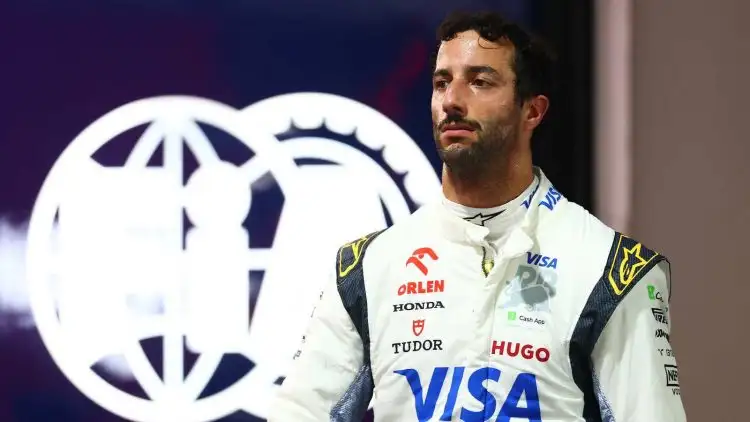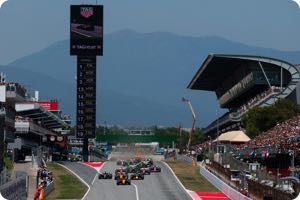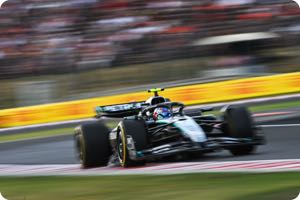
Ricciardo’s Decline: Coulthard Attributes Stalled Career to Inability to Adapt
Once hailed as one of Formula 1’s most electrifying prospects, Daniel Ricciardo’s career trajectory failed to meet the lofty expectations set early on. According to former F1 driver David Coulthard, Ricciardo’s downfall can be traced to his inability to evolve amid changing circumstances—a critical skill required in a sport as dynamic as Formula 1. Despite showing early promise with audacious overtakes and a vibrant personality, Ricciardo’s progression plateaued when faced with unfamiliar environments and shifting team dynamics.
Ricciardo’s F1 journey began with promise, stepping in mid-season for HRT in 2011, before moving to Toro Rosso and eventually earning a coveted Red Bull seat in 2014. In his debut year with the senior team, he stunned the paddock by outperforming four-time World Champion Sebastian Vettel, collecting three victories and amassing significantly more points. This seemed to herald a championship-caliber career. However, as Red Bull struggled with the transition to hybrid power units and Mercedes asserted dominance, Ricciardo’s momentum began to falter—further complicated by the meteoric rise of teammate Max Verstappen.
The Baku incident with Verstappen symbolized a turning point in Ricciardo’s Red Bull tenure. Though offered a contract extension, he departed in 2019 for Renault—a move that failed to yield the competitive edge he sought. Two inconsistent years followed before he transitioned to McLaren, where despite clinching a surprise victory at Monza, he was outperformed by Lando Norris across both seasons. A return to Red Bull’s junior outfit, now AlphaTauri, brought no revival, and with diminishing results, Ricciardo gradually faded from the forefront of the grid.
Coulthard explained that while some drivers demonstrate adaptability and resilience in the face of evolving conditions, others succumb to the weight of expectation or past glories. Ricciardo, he suggests, belonged to the latter category—a driver initially defined by spontaneity and brilliance but later constrained by psychological and emotional baggage. “You gain baggage through life,” Coulthard reflected, using an apt metaphor to describe how past experiences—whether tied to failure, success, or wealth—can become burdens that hinder forward motion.
Ultimately, Ricciardo’s career arc serves as a poignant reminder of how fleeting success can be in Formula 1 without continual evolution. While Ricciardo now appears to enjoy retirement, presumably financially secure, Coulthard believes the Australian’s brilliance was compressed into too brief a window. Despite flashes of former greatness, Ricciardo could never recapture the spark that once set him apart—his inability to return to that unburdened, instinctive form ultimately marking the premature end of a career once brimming with world championship potential.


